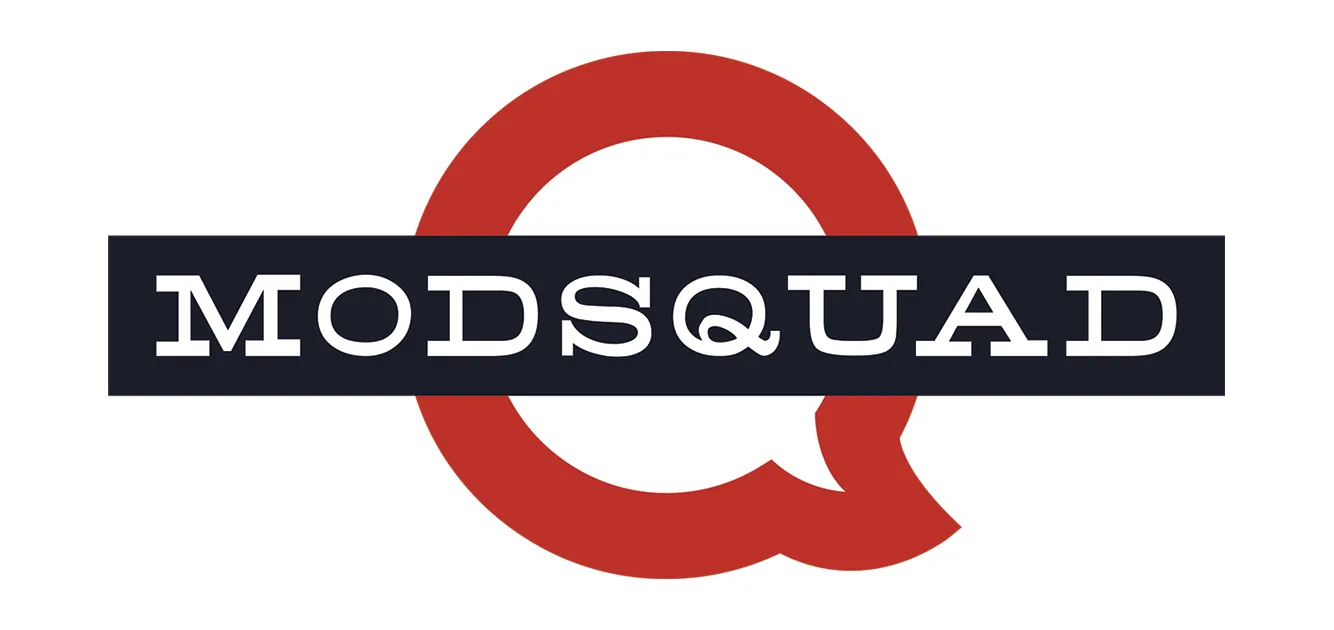
Customer Support: Handling the Unknown

I’ve been around the CSR (customer support representative) game most of my life. I’ve interacted with customers in person, and through email, chat programs, and over the phone to solve/resolve an array of disputes. I’ve held just about every position from the front line grunts to the hiring manager and everything in-between. I like to think I’ve seen it all.
 I also like to think of myself as a relatively knowledgeable guy who has most the answers. I mean, everyone likes to think they have all the answers all the time, right? Especially in Customer Service, where you are the help desk, and customers believe you to be the topic expert. But the dirty little secret is… we don’t always have the answers you need. To be honest, CSRs lacking vital information happens more often than you would like to think. And THIS is where you separate a mere support agent (it’s my job) from an elite support agent (this is my career): How a CSR deals with the unknown.
I also like to think of myself as a relatively knowledgeable guy who has most the answers. I mean, everyone likes to think they have all the answers all the time, right? Especially in Customer Service, where you are the help desk, and customers believe you to be the topic expert. But the dirty little secret is… we don’t always have the answers you need. To be honest, CSRs lacking vital information happens more often than you would like to think. And THIS is where you separate a mere support agent (it’s my job) from an elite support agent (this is my career): How a CSR deals with the unknown.
First rule in handling the unknown: Remember the other person on the other end is counting on you to fix their issue. That person does not want to hear (or need to know) that you don’t have the answer to their problem, or that you’re confused, or that you are unsure of information. Be proactive by instilling necessary confidence: you are going to resolve their issue. With a sense of confidence and understanding, the customer will not doubt your abilities, your company’s service, and things go a lot smoother.
Who are your resource points? Remember you work with a team of talent, and typically you will have varying levels of knowledge, either within tech or the product itself. Reach out to your teammates, reach out to peers or friends in other departments. Sometimes it’s best to have a connection within the QA department (they see and experience just about everything). Reach out to your network quickly, and through whatever means you have setup within your work place. But remember — don’t burn your peers by peppering them with constant questions. Make sure you’re always doing the due-diligence, and that you’re never a repeat-offender (aka, if someone sends you the link http://lmgtfy.com/ you’ve probably irked a co-worker with too many requests, and its time to do your homework).
 No lead for an answer? Waiting for your peers to come back with answers? It’s time to “hit the pavement” (so to speak). Utilize your own investigative skills and search the internet, internal documents, and even prior cases. Look for tickets logged into your system with issues similar. Becoming a good detective should come hand in hand with being a good support agent.
No lead for an answer? Waiting for your peers to come back with answers? It’s time to “hit the pavement” (so to speak). Utilize your own investigative skills and search the internet, internal documents, and even prior cases. Look for tickets logged into your system with issues similar. Becoming a good detective should come hand in hand with being a good support agent.
Lastly, if all the above steps fail, know your escalation paths. You never want to leave a customer without a proper solution (if it can be helped). If you can do nothing more but to pass it on to another person higher up that’s ok. Just don’t use it as a crutch, use it as a learning experience. Try and touch back with the agent it was sent to or look at the ticket at a later time to learn what was done to resolve their issue.
If you practice these steps, then you will become an elite support agent able to tackle any issue, at any job.
Stephen Briggs
Project Manager

